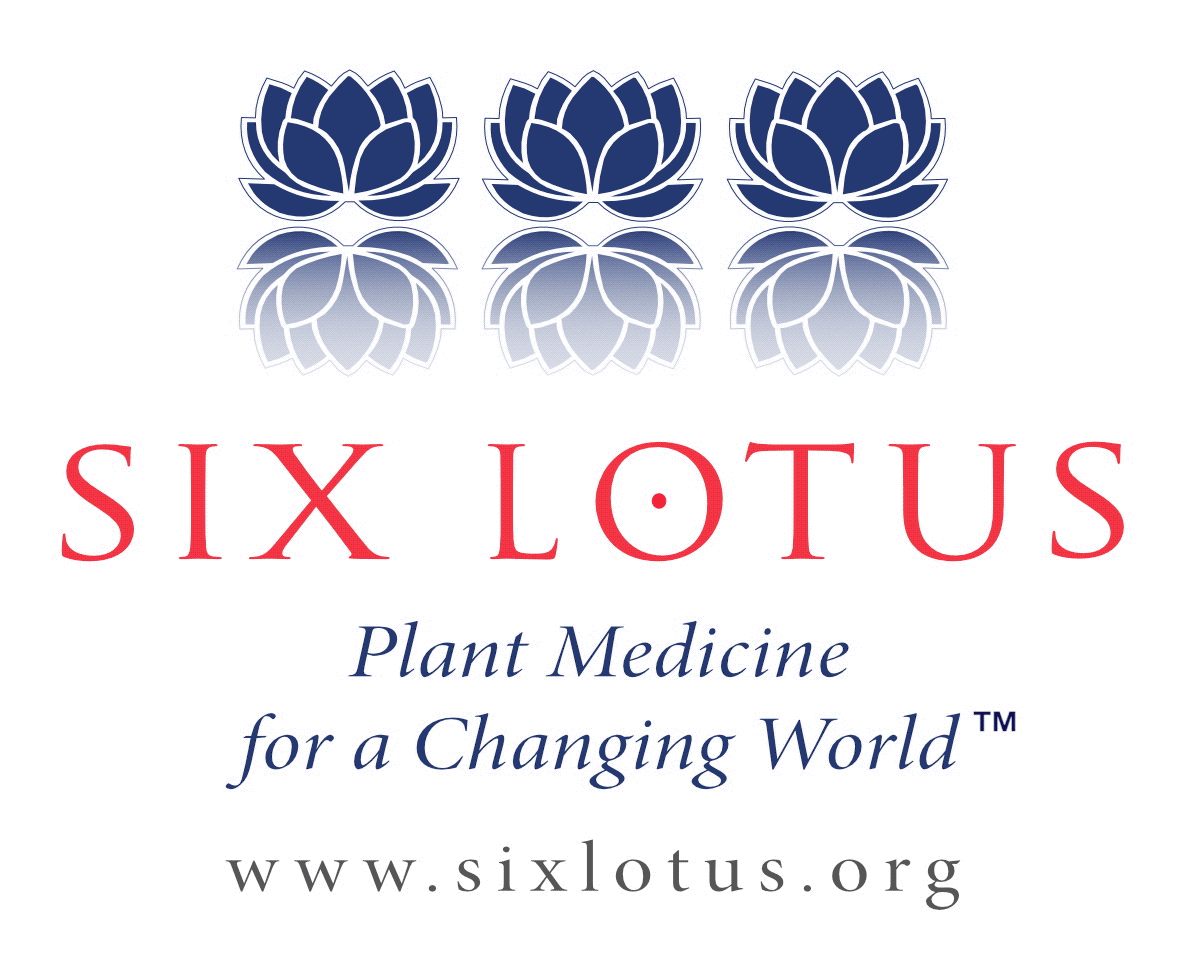The Gut Microbiome: Gateway to Whole-Body Health
Introduction
The human gut microbiome, a vast community of trillions of microorganisms living in our digestive tract, plays a central role in immunity, metabolism, mental health, and disease prevention. This dynamic ecosystem is influenced not only by what we eat but also by how we live, where we go, and even whom we touch. As modern science increasingly reveals, the health of our gut microbes determines, to a great extent, the health of our entire body.
1. The Microbiome in Context
Dr. Zach Bush, a leading physician in systems biology, has emphasized that human health is interwoven with the microbial intelligence within and around us. The microbiome helps regulate inflammatory responses, digest complex foods, synthesize essential vitamins, and protect against pathogens. When imbalanced—a state known as dysbiosis—this microbial world can trigger or exacerbate conditions such as obesity, autoimmune disorders, mood disorders, and metabolic syndrome (Bush, 2020).
2. Dietary Foundations of Microbial Health
A fiber-rich, plant-based diet is the cornerstone of a diverse and stable microbiome. Foods such as garlic, onions, leeks, asparagus, and bananas provide prebiotic fibers that feed beneficial bacteria. Fermented foods like sauerkraut, kimchi, and miso, introduce live probiotic cultures. Polyphenol-rich foods—including berries, cacao, green tea, and dark leafy greens—foster bacterial diversity and resilience (Valdes et al., 2018).
According to Dr. Valter Longo, author of The Longevity Diet, a mostly plant-based dietary pattern that includes legumes, whole grains, nuts, and small amounts of fermented dairy creates a long-lived and microbiota-supportive internal environment (Longo, 2018).
3. Foods and Habits that Harm the Microbiome
Processed foods, sugar, artificial sweeteners, excess alcohol, and food additives (such as emulsifiers) negatively impact microbial diversity. Chlorinated drinking water and frequent antibiotic use also deplete microbial populations, often without full recovery. Regular consumption of non-organic foods may introduce pesticide residues like glyphosate, which has been shown to disturb microbial equilibrium and suppress beneficial bacteria (Mesnage et al., 2019)
Sleep deprivation, chronic stress, and a sedentary lifestyle likewise impair microbiome diversity and functionality, highlighting the deep interconnection between physical, psychological, and microbial health (Benedict et al., 2012).
4. Environmental Influence and Microbial Exchange
The gut microbiome does not exist in isolation—it communicates with and is shaped by the broader microbial ecosystem in our environment. Time spent in forests, gardens, and beaches exposes us to diverse, beneficial microbes that help regulate our immune responses and replenish our internal flora. Pet owners, for example, have been shown to host more diverse microbiomes due to regular contact with their animals (Tun et al., 2017).
Walking barefoot on natural ground, gardening, or simply breathing unfiltered outdoor air all support microbial richness. Frequenting wild or unmanicured landscapes helps restore the lost microbial complexity that urban environments and sterilized indoor lifestyles tend to erode.
5. Microbiome and Mental Health: The Gut-Brain Axis
The gut and the brain are in constant communication through what is known as the gut-brain axis. Gut bacteria influence neurotransmitter production—including serotonin, dopamine, and GABA—and help regulate mood, cognition, and stress responses. Imbalances in the microbiome have been linked to depression, anxiety, and even neurodegenerative diseases (Cryan et al., 2019).
This emerging field of psychobiotics underscores how maintaining a robust gut microbiome may support emotional balance, cognitive resilience, and restful sleep.
6. Key Practices to Cultivate Microbial Wellness
Eat a wide variety of whole, plant-based foods: diversity in fiber feeds a diversity of microbes.
Incorporate fermented and cultured foods daily.
Avoid ultra-processed and artificial foods.
Drink filtered or spring water free from chlorine and heavy metals.
Get regular, mindful exposure to natural environments.
Sleep 7–9 hours a night to allow microbial repair.
Reduce unnecessary antibiotic use.
Keep pets or interact with animals regularly.
Conclusion
The microbiome acts as an internal ecosystem, health guardian, and biochemical translator between our environment and our body. To nourish this vital network is to nourish ourselves. By aligning with the principles of microbial ecology—diversity, balance, and interaction—we restore not only our gut but the full terrain of our body, mind, and environment.
References
Benedict, C., Vogel, H., Jonas, W., Woting, A., Blaut, M. and Schürmann, A., 2012. Gut microbiota and sleep–wake regulation. Current Opinion in Clinical Nutrition and Metabolic Care, 15(6), pp.571–577.
Bush, Z., 2020. The Biology of Loss: How Disconnection from Nature is Making Us Sick. [online] Available at: https://zachbushmd.com [Accessed 20 July 2025].
Cryan, J.F., O’Riordan, K.J., Cowan, C.S.M., Sandhu, K.V., Bastiaanssen, T.F.S., Boehme, M., Codagnone, M.G., et al., 2019. The microbiota-gut-brain axis. Physiological Reviews, 99(4), pp.1877–2013.
Longo, V.D., 2018. The Longevity Diet: Discover the New Science Behind Stem Cell Activation and Regeneration. New York: Avery.
Mesnage, R., Renney, G., Seralini, G.E., Ward, M. and Antoniou, M.N., 2019. Multiomics reveal nonalcoholic fatty liver disease in rats following chronic exposure to an ultra-low dose of Roundup herbicide. Scientific Reports, 7(1), p.39328.
Tun, H.M., Konya, T., Takaro, T.K., Brook, J.R., Chari, R., Field, C.J., Guttman, D.S., Becker, A.B., Mandhane, P.J., Turvey, S.E. and Kozyrskyj, A.L., 2017. Exposure to household furry pets influences the gut microbiota of infants at 3–4 months following various birth scenarios. Microbiome, 5(1), p.40.
Valdes, A.M., Walter, J., Segal, E. and Spector, T.D., 2018. Role of the gut microbiota in nutrition and health. BMJ, 361, p.k2179.

